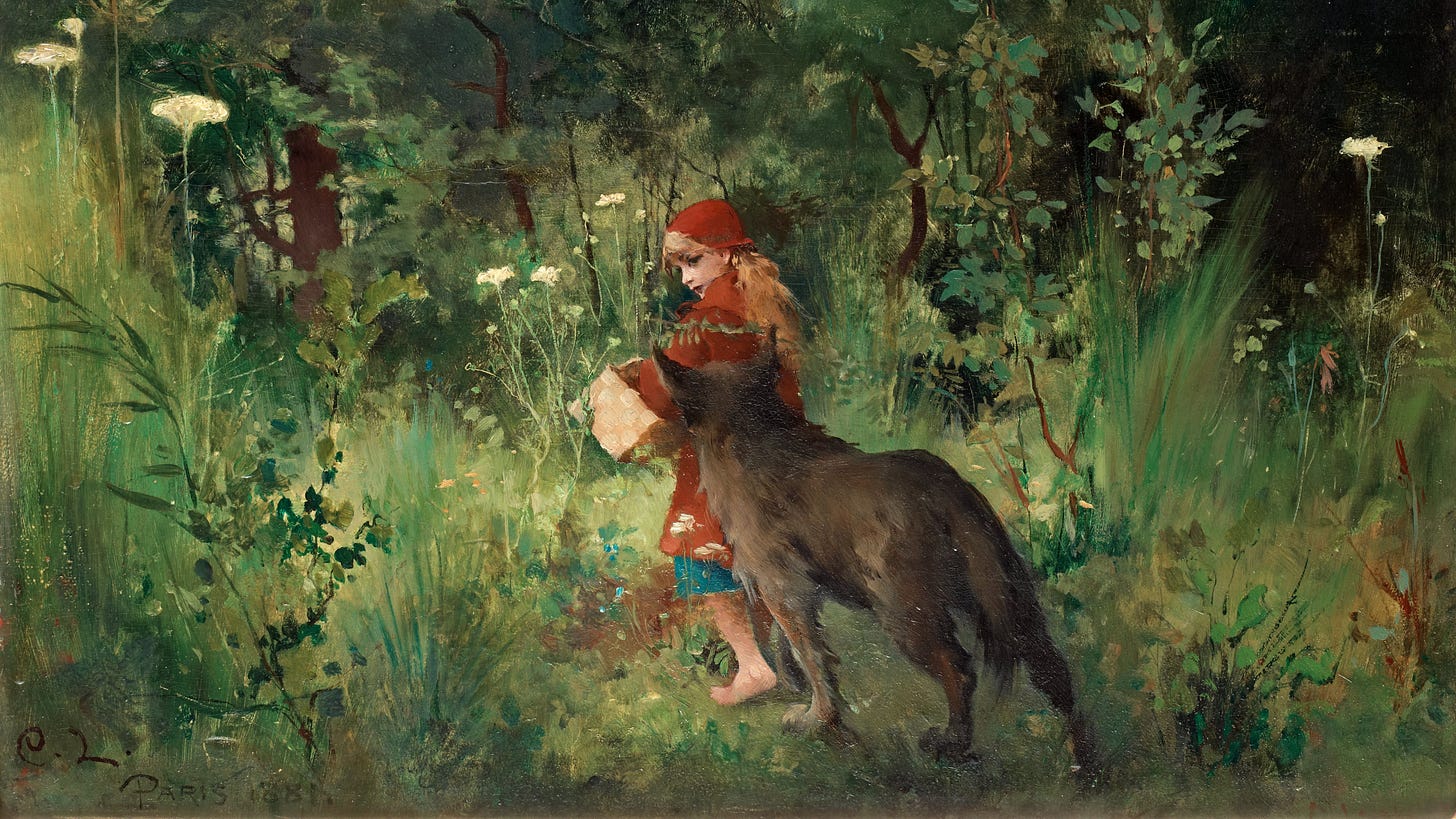Fairy Tales Are Getting Flipped on Their Heads
What this says about our changing morality
SALE THIS WEEK! Enjoy access to exclusive content and support the Gender Critical Story Time project! Lock in the discount rate!
Fairy tales have traditionally been an entertaining way to impart moral lessons to children and adults alike. Though they often featured fantastical elements like witches and magical creatures, the core of these stories was a struggle between good and evil. They championed virtues like bravery, honesty, kindness, and perseverance and demonstrated the consequences of bad behavior.
But it’s a brave new world, and fairy tales, not to mention morality itself, are passé. Today, we are called to be critical. We must problematize, deconstruct, and disrupt all types of traditional knowledge and thought. All values must be critiqued with the ultimate goal of upending power dynamics, real or imagined.
This week on one of my favorite shows, Disaffected, Josh Slocum explored exactly this kind of reversal.




